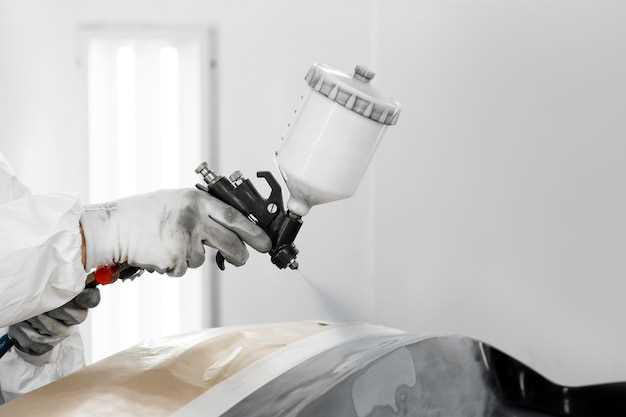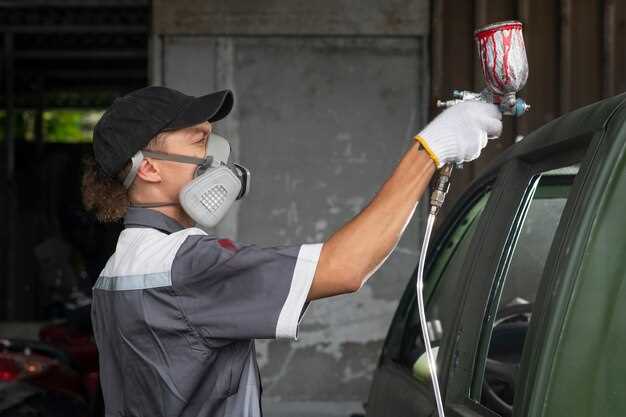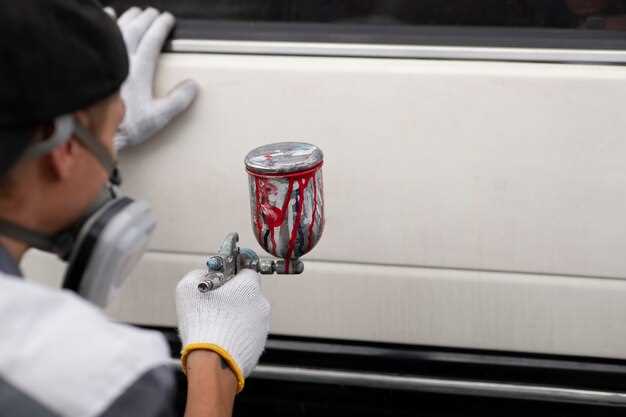
When it comes to painting your car, the decision between DIY and professional services can significantly impact the final result. Both approaches have their own set of benefits and drawbacks that car owners should carefully consider. Understanding these differences is crucial for anyone looking to give their vehicle a fresh new look or restore its original shine.
DIY car painting can be an appealing option for many, offering a sense of accomplishment and cost savings. By choosing to take on the task yourself, you have the freedom to select your preferred paint and techniques, allowing for a personalized touch. However, the skill level required for a flawless finish can be a major hurdle. Without the right tools and experience, achieving a professional-grade result can be challenging.
On the other hand, hiring a professional painter comes with its own set of advantages. Experts possess the necessary skills, tools, and knowledge to deliver high-quality results that often surpass what an amateur can achieve. While this route may incur higher costs, the peace of mind and enhanced longevity of the paint job can justify the investment. Nevertheless, it’s essential to weigh these factors against your budget and desired outcome.
Cost Comparison: DIY Paint Supplies vs Professional Services
When considering a car painting project, the financial aspect plays a significant role in decision-making. Understanding the cost differences between DIY painting supplies and professional services can help you make an informed choice.
For DIY enthusiasts, the upfront investment in paint supplies is the primary consideration. Below is a breakdown of typical costs involved in a DIY project:
- Car paint: $100 to $600 depending on quality and quantity
- Primer: $20 to $100
- Clear coat: $30 to $200
- Sandpaper and abrasives: $10 to $50
- Spray gun or rollers: $50 to $300
- Protective gear (masks, gloves, coveralls): $20 to $100
- Additional tools (tape, masking paper): $10 to $50
In total, a DIY project might cost anywhere from $300 to $1,500, depending on the materials and tools you choose.
On the other hand, hiring a professional service incurs different costs associated with labor and expertise:
- Basic paint job: $500 to $2,500 based on the vehicle’s size and complexity
- High-end paint job: $2,500 to $10,000 for custom finishes
- Included services (prep work, multiple coats, detailing): often built into the total price
While DIY may seem cheaper initially, the expertise of a professional can lead to long-lasting results that might save money in the long run by avoiding touch-ups or corrections. Professionals typically have access to better paint quality and equipment, which might contribute to a superior finish.
Ultimately, the decision lies in weighing these costs against the desired quality and your level of skill in car painting. Whether you choose DIY supplies or professional services, both options have their unique financial implications that can influence your decision.
Skill Requirements: What You Need to Know for DIY Painting

When considering DIY car painting, it’s essential to assess your skill level and knowledge of the necessary techniques. Successful execution requires a combination of artistic ability, mechanical understanding, and practical experience. Proficiency in spray painting is critical, as achieving an even coat without runs or drips is fundamental in a quality finish.
Begin with understanding the basics of surface preparation. This includes sanding, cleaning, and priming the car’s surface. Knowledge of various materials, such as primers, paints, and clear coats, is also crucial for selecting the right type for your vehicle’s needs. Each material behaves differently, and familiarity with them can significantly affect the results.
It is vital to recognize the importance of environmental factors. DIY painting requires the right setup, such as a well-ventilated space free from dust and debris. Ensuring optimal conditions will improve adhesion and reduce imperfections in the final product.
Another skill set to develop is understanding the equipment you’ll be using. Familiarity with spray guns, air compressors, and other tools is necessary for efficient application. Learning to adjust nozzle size and pressure settings directly impacts the quality of your paint job.
Finally, practice makes perfect. Engaging in smaller projects can help build confidence and skills before tackling a full car repaint. As you progress, you will develop a better eye for detail and the capacity to troubleshoot common issues, setting your DIY efforts apart from professional results.
Durability and Finish Quality: Evaluating Outcomes of Both Methods

When considering diy car painting versus hiring professionals, durability and finish quality are two critical factors that can greatly influence the final decision.
In the diy approach, the outcome largely depends on the individual’s skills and the techniques employed. Many enthusiasts can achieve a satisfactory finish with patience and practice; however, they often face challenges related to the paint application process. Inconsistent spraying, improper surface preparation, and inadequate curing can lead to issues like peeling, fading, or chipping over time. Despite these pitfalls, a well-executed diy paint job can exhibit impressive results, particularly if high-quality materials are used.
On the other hand, professional car painting services typically ensure a higher level of durability and finish quality. Professionals utilize specialized equipment and techniques that are refined through years of experience. They can achieve a uniform layer of paint, resulting in a smooth and glossy finish that enhances the vehicle’s aesthetic appeal. Furthermore, professional painters often have access to advanced paint products that offer greater resistance to environmental factors such as UV rays, moisture, and chemicals, ultimately extending the lifespan of the paint job.
In summary, while a diy paint job can be cost-effective and rewarding, it may lack the durability and consistent finish that professionals deliver. For those seeking long-lasting results and superior quality, professional painting is often the preferred choice.


